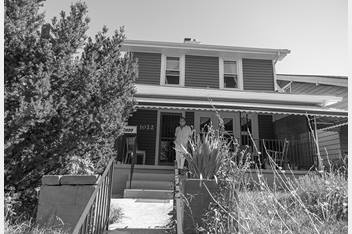A Challenge to Health Care Leaders: Invest in Communities
Most of a person’s health is determined outside of hospitals and doctors’ offices – what happens at home and in the neighborhood often makes a greater difference than medical care. If health care institutions and leaders want to have the biggest possible impact on health, they must take a “community investment approach.”
That’s the call to action made by Tim Robinson, CEO of Nationwide Children’s Hospital, and Don Schwarz, MD, senior vice president of the Robert Wood Johnson Foundation, in a recent column in Modern Healthcare.
“There is a perception that health institutions are solely motivated by economic drivers and will invest only in projects that meet narrowly defined targets for return on investment,” they write. “But we're seeing a growing number of healthcare organizations embracing their mission to remove deep-rooted barriers to health through their role as anchor institutions. They're recognizing their unique capacity to invest in communities to improve health, creating affordable housing, developing workforce programs, and supporting local small businesses. But this work can't advance without support from the C-suite and the boardroom.”
Robert Wood Johnson Foundation is the United States’ largest health philanthropy, and Nationwide Children’s is one the country’s largest children’s hospitals. The two have worked together and with others through the Center for Community Investment (CCI) to help pioneer best practices for health systems wishing to go “upstream” of medical care – that is, to make people healthier where they live, work and go to school.
Many of the lessons learned were at the heart of the recent virtual summit hosted by Nationwide Children’s and CCI, From Roadmap to Reality: Implementation Strategies for Upstream Investments in Community Health. Resources from that summit are available here.
The opinion piece from Robinson and Dr. Schwarz is a companion piece to the summit, challenging leaders and institutions to look outside of their own walls for the good of entire populations.



